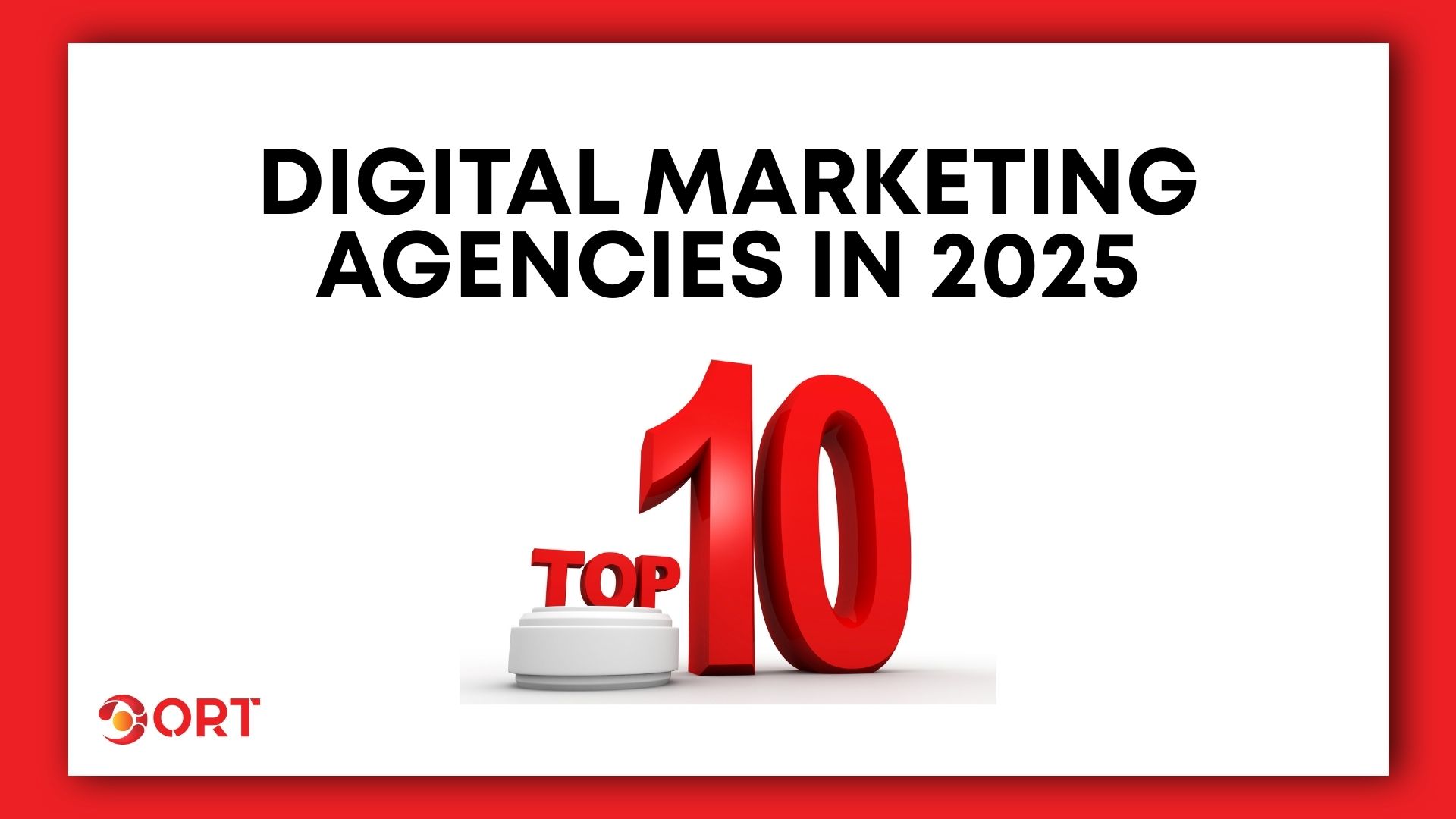Table of Contents
ToggleIn today’s interconnected world, a single mistake on social media can spiral into a full-blown crisis in minutes. Social media platforms, while powerful for building brands, also provide an immediate space for backlash, complaints, and, sometimes, misinformation. A poorly handled incident can damage years of brand equity, affecting customer trust, loyalty, and even sales. This is where Social Media Crisis Management becomes critical.
In the context of Social Media Marketing (SMM), effective crisis management isn’t just about reacting to a problem; it’s about proactive planning, monitoring, and ensuring that your brand can recover quickly, if not prevent the crisis altogether. Having a well-defined Crisis Management Plan in place is no longer a luxury for businesses—it’s a necessity. This blog explores essential crisis management strategies, the tools needed to develop a plan, and how your brand can thrive even in turbulent times.
Let’s dive deeper into how your brand can prepare for the unexpected, manage crises with agility, and emerge stronger with the right crisis management strategies.
Understanding Crisis Management in Social Media Marketing
Social Media Crisis Management refers to the systematic process that businesses use to handle negative situations that could potentially harm their reputation. When it comes to social media, crises can quickly escalate due to the speed and volume of online interactions. A negative tweet, a misunderstood Facebook post, or a viral customer complaint can multiply in a matter of hours.
In today’s digital landscape, crisis management isn’t about just putting out fires; it’s about strategic planning, fast responses, and effective communication that keeps your brand’s reputation intact.
Why Crisis Management in SMM Matters
Social media has given consumers a powerful voice, and it has become the preferred space for both expressing dissatisfaction and celebrating brands. The downside is that the same power can work against your brand. A single crisis can snowball if not handled quickly and effectively.
Brands that fail to react to a crisis risk a long-term loss of customer trust, loyalty, and market share. With social media’s real-time nature, an issue left unchecked can escalate, impacting everything from consumer perception to stock prices.
Building a Crisis Management Plan for Social Media
A Crisis Management Plan is essential for ensuring that when a crisis strikes, your brand knows exactly how to react. An effective plan ensures that every aspect of the situation is addressed promptly, with consistency and professionalism.
1. Establish a Crisis Management Team
Your crisis management team is the core group that will handle every aspect of the crisis, from initial response to post-crisis recovery. It should include people from key departments like:
- Public Relations: They’ll manage external communication and media relations.
- Social Media Managers: They’ll monitor social channels and engage with the public.
- Legal and Compliance: They’ll ensure the crisis response doesn’t infringe on any legal boundaries.
- Customer Service: They’ll handle any customer-facing issues that arise due to the crisis.
- Executive Leadership: The decision-makers who will approve final statements and actions.
2. Define Potential Crisis Scenarios
No two crises are alike, but common scenarios that may affect your brand include:
- Product Issues: A defective product or recall.
- Customer Complaints: A viral tweet or video showing a customer’s bad experience.
- PR Blunders: An insensitive or controversial post.
- Security Breaches: Data leaks or hacking incidents.
- Misinformation: False rumors spreading across platforms.
By identifying potential crises, your brand can be prepared to address each scenario with the correct response protocol.
3. Set Up a Communication Strategy
Clear and consistent messaging is crucial during a crisis. Misinformation or mixed messages can worsen the situation. Create pre-drafted templates for various crisis scenarios, including:
- Acknowledgment Statements: Acknowledge the issue promptly. A delay in responding could be seen as ignoring the problem.
- Apologies and Explanation: Depending on the situation, an apology might be necessary, along with an explanation of what’s being done to rectify the problem.
- Resolution Updates: Inform the public about the steps being taken to resolve the crisis and prevent future occurrences.
An essential element of your crisis management plan is crafting a winning content strategy for your social media platforms. By aligning your content with your brand values and ensuring it resonates with your target audience, you reduce the risk of crises triggered by misleading or offensive posts. A well-thought-out content strategy helps set clear expectations with your audience, preventing potential misunderstandings that could escalate into a crisis.”
4. Monitor Social Media Continuously
Using social listening tools like Brand24, Hootsuite, or Sprout Social allows brands to monitor mentions in real-time. Early detection is critical in preventing minor issues from escalating into larger crises. It’s essential to:
- Track Brand Mentions: Monitor not just direct mentions, but also hashtags, keywords, and any conversations that could affect your brand’s reputation.
- Analyze Sentiment: Understanding the public’s sentiment towards your brand helps you craft the right tone for your responses.
- Identify Influencers: Recognize influencers or media outlets who may be amplifying the crisis.
5. Train Your Team
A plan is only as good as the team executing it. Conduct crisis response drills to ensure that all departments know how to handle real-time situations. These drills will help identify gaps in your strategy and improve response time when a real crisis occurs.
Crisis Management Strategies for SMM
In addition to a comprehensive Crisis Management Plan, effective crisis management strategies are essential for navigating a social media disaster.
1. Respond Swiftly and Appropriately
The speed at which you respond can significantly affect the outcome of the crisis. A quick and thoughtful response demonstrates that your brand is in control of the situation. Avoid knee-jerk reactions or passive responses—always respond with empathy and clarity. Even if your response is simple, it shows that you’re actively addressing the issue.
2. Be Transparent
Honesty is critical during a crisis. If your brand is at fault, own up to it. Customers appreciate brands that admit mistakes and take accountability. Avoid deflecting blame, as this can make matters worse.
Transparency includes regularly updating your audience about the steps being taken to resolve the issue. Let them know how the crisis will be rectified and what preventive measures are being put in place.
3. Engage with the Public, but Don’t Overcommit
While it’s important to engage with your audience during a crisis, avoid oversharing or making promises you can’t keep. Stick to your core messages and ensure that you’re providing concrete, actionable updates. Respond to individual complaints or concerns as needed, but focus on addressing the broader issue first.
4. Use Humor (When Appropriate)
Humor can be an effective way to lighten the mood during a crisis—if it’s done in good taste. KFC’s famous “Fried Chicken Shortage” crisis in 2018 is a prime example. Instead of being defensive, they turned the situation around with a humorous, self-deprecating campaign. Humor should never trivialize the issue at hand but can humanize your brand and build empathy.
5. Monitor Crisis Evolution
A crisis can evolve rapidly, and so should your response strategy. Once your initial response has been delivered, keep an eye on how the situation develops. Adjust your approach accordingly, but never lose sight of the facts or the public’s sentiment.
The Role of Technology in Social Media Crisis Management
AI-powered tools are increasingly playing a pivotal role in crisis management. Tools like Brand24 and Mention can detect spikes in negative sentiment across platforms, alerting brands to potential crises early on.
Additionally, chatbots and automated responses can offer immediate assistance during the initial stages of a crisis. While these tools can’t fully replace human interaction, they provide a safety net by addressing frequently asked questions and basic inquiries.
Conclusion
Crisis management in Social Media Marketing (SMM) Services is no longer optional—it’s an essential part of modern brand management. A well-defined Crisis Management Plan ensures that when a crisis strikes, your brand can respond swiftly and effectively, protecting its reputation. Implementing the right crisis management strategies, backed by real-time monitoring, transparency, and a well-coordinated team, can turn a potentially damaging situation into an opportunity to strengthen consumer trust.
For businesses looking to create a robust crisis management strategy that minimizes risks and ensures resilience, Digital OORT offers expert guidance and actionable solutions. Let us help you prepare, protect, and recover with tailored crisis management plans designed to navigate the complexities of today’s digital landscape.
Ready to safeguard your brand’s online reputation? Contact Digital OORT today and ensure you’re equipped to handle any social media crisis that comes your way.
Author
-

Shafqat Mahmood is a Digital Marketing Expert specializing in SEO, Social Media Marketing, Google & Facebook Ads, LinkedIn & TikTok Ads, Email Marketing, and Business Development. With proven strategies across Australia and Pakistan, Shafqat Mahmood helps businesses increase visibility, generate leads, and drive sales growth.



